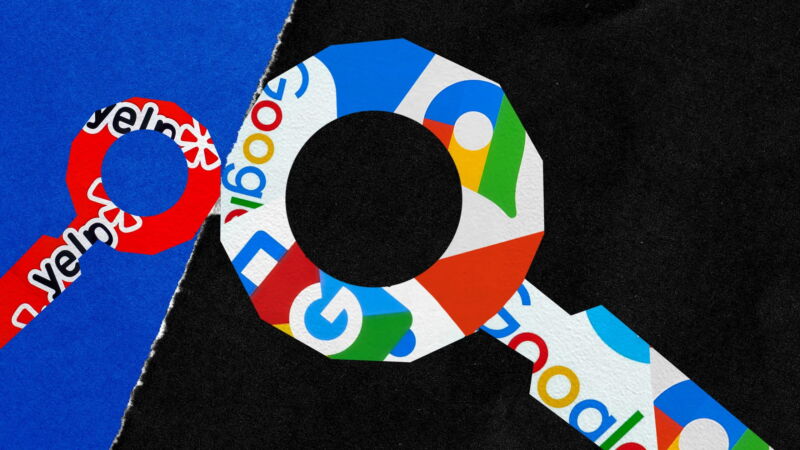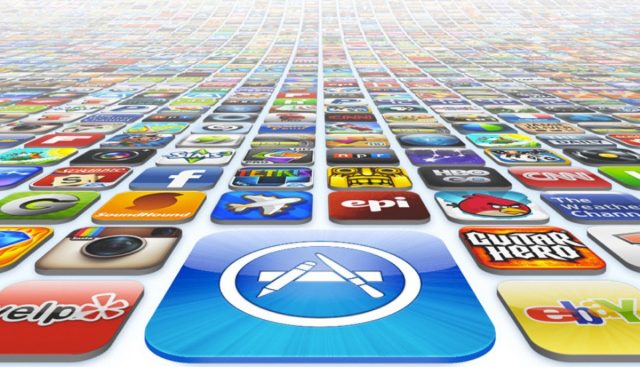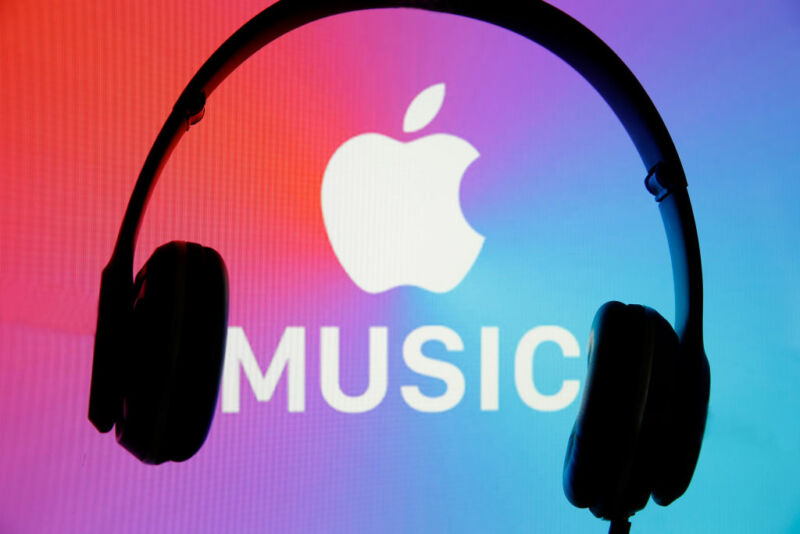-
 chevron_right
chevron_right
Apple’s treatment of Epic Games draws the eye of EU regulators
news.movim.eu / ArsTechnica · Thursday, 7 March - 16:44

Enlarge / Artist's conception of Apple attempting to dodge the concerns of EU regulators. (credit: Epic Games)
European Union regulators are investigating whether Apple's recent revocation of an Epic Games iOS developer account puts the iPhone-maker in violation of the Digital Markets Act and other rules in the continent. If Apple is found in violation, the European Commission could impose significant fines as part of its effort to put some force behind its sweeping tech regulations.
"We have requested further explanations on this from Apple under the DMA (Digital Markets Act)," a European Commission spokesperson told Reuters late Thursday. "We are also evaluating whether Apple's actions [regarding Epic Games] raise doubts on their compliance with the DSA (Digital Services Act) and the P2B (Platform to Business Regulation), given the links between the developer program membership and the App store as designated VLOP (very large online platform)."
More than just the DMA
Apple's plans for what Epic calls "malicious compliance" under the DMA, which goes into effect today , have gotten plenty of attention in recent months. But the European Commission's statement suggests its investigation could encompass other regulations as well.




